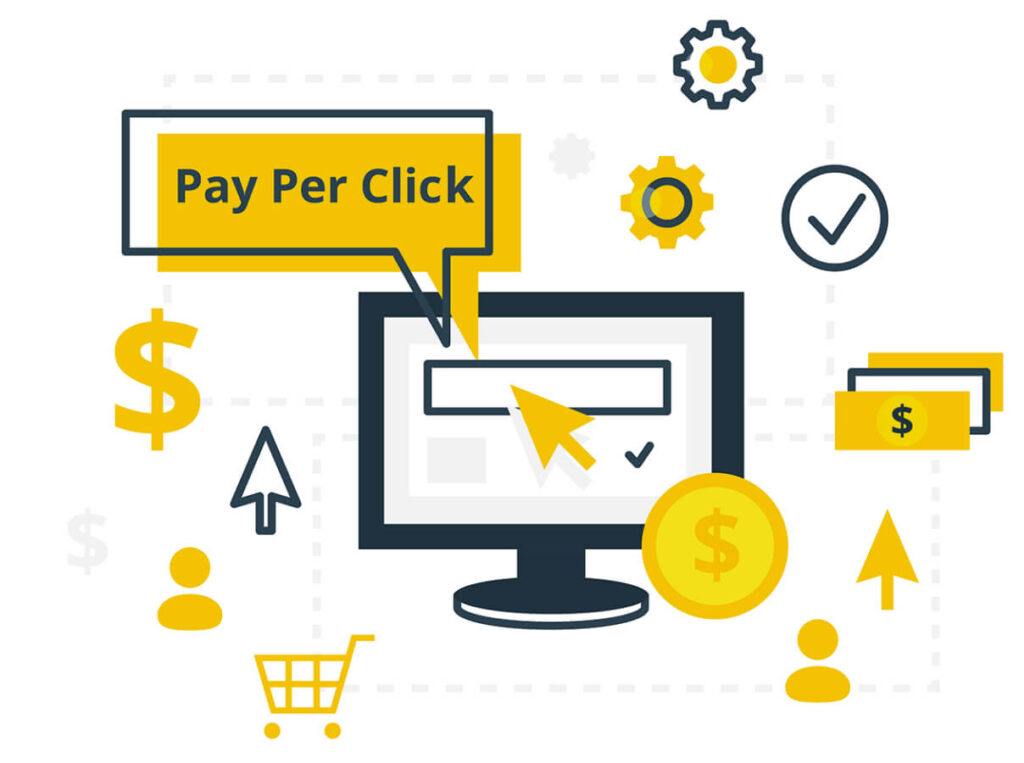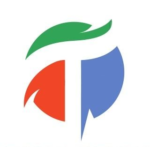
Pay-per-click (PPC) Services is a web promoting model used to direct traffic to sites, in which a publicist pays a distributer (normally an internet searcher, site owner, or an organization of sites) when the advertisement is clicked.
Pay-per-click is ordinarily connected with first-level web search tools, (for example, Google Ads, Amazon Advertising, and Microsoft Advertising earlier Bing Ads). With web search tools, promoters regularly bid on watchword phrases relevant to their objective market and pay when advertisements (text-based pursuit advertisements or shopping promotions that are a blend of image and text) are clicked.
PPC show promotions, otherwise called standard advertisements, are appeared on sites with related substance that have consented to show advertisements and are commonly not compensation per-click publicizing. Interpersonal organizations, for example, Facebook, LinkedIn, Pinterest and Twitter have additionally received compensation per-click as one of their promoting models.
Sites that use PPC Services promotions will show a notice when a catchphrase question coordinates with a sponsor’s watchword list that has been included distinctive advertisement gatherings, or when a substance site shows important substance.
The PPC promoting model is available to maltreatment through click misrepresentation, in spite of the fact that Google and others have executed computerized frameworks to make preparations for oppressive snaps by contenders or degenerate web engineers.
Pay-per-click, alongside cost per impression (CPM) and cost per request, are utilized to survey the expense viability and benefit of web showcasing and drive the expense of running ad crusade as low as could really be expected while holding put forward objectives.

Construction (Calculation of PPC Services)
Cost-per-click (CPC) is calculated by dividing the advertising cost by the number of clicks generated by an advertisement. The basic formula is: Cost-per-click ($) = Advertising cost ($) / Ads clicked (#)
There are two essential models for deciding compensation per-click: Flat rate and bid-based. In the two cases, the advertiser should think about the likely worth of a tick from a given source. This worth depends on the kind of individual the publicist is hoping to get as a guest to their site, and what the sponsor can acquire from that visit, which is normally present moment or long haul income.
Flat-rate PPC
In the Flat-rate model, the sponsor and distributer concur upon a fixed sum that will be paid for each snap. Much of the time, the distributer has a rate card that rundowns the compensation Pay-per-click (PPC) inside various spaces of their site or organization.
The Flat-rate model is especially normal to correlation shopping motors, which regularly distribute rate cards. However, these rates are at times insignificant, and promoters can pay more for more prominent perceivability. These destinations are normally perfectly compartmentalized into item or administration classes, permitting a serious level of focusing by promoters. By and large, the whole center substance of these locales is paid promotions.
Bid-based PPC
The advertiser signs an agreement that permits them to contend with different sponsors in a private sale facilitated by a distributer or, all the more usually, advertiser organization. Every publicist advises the host regarding the greatest sum that the individual will pay for a given promotion spot (often based on keywords), normally utilizing on the web instruments to do as such. The bartering works out in a mechanized style each time a guest triggers the advertisement spot.
In situations where there are numerous advertisement recognizes, a typical event on SERPs, there can be different victors whose positions on the page are impacted by the sum each has offered. The bid-based and Quality Score are utilized to give every publicist’s advert a promotion rank. The advertisement with the most elevated promotion rank appears first. The prevalent three match types for both Google and Bing are Broad, Exact and Phrase Match.
Advertisers pay for each and every snap they get, with the genuine sum paid dependent on the measure of bid-based. It is regular practice among sell off hosts to charge a triumphant bidder just somewhat more (for example one penny) than the following most noteworthy bidder or the real sum bid, whichever is lower.
As a rule, the contextual advertising system (Google AdWords, Yandex.Direct, and so forth) utilizes a bartering approach as the advertising payment system.
